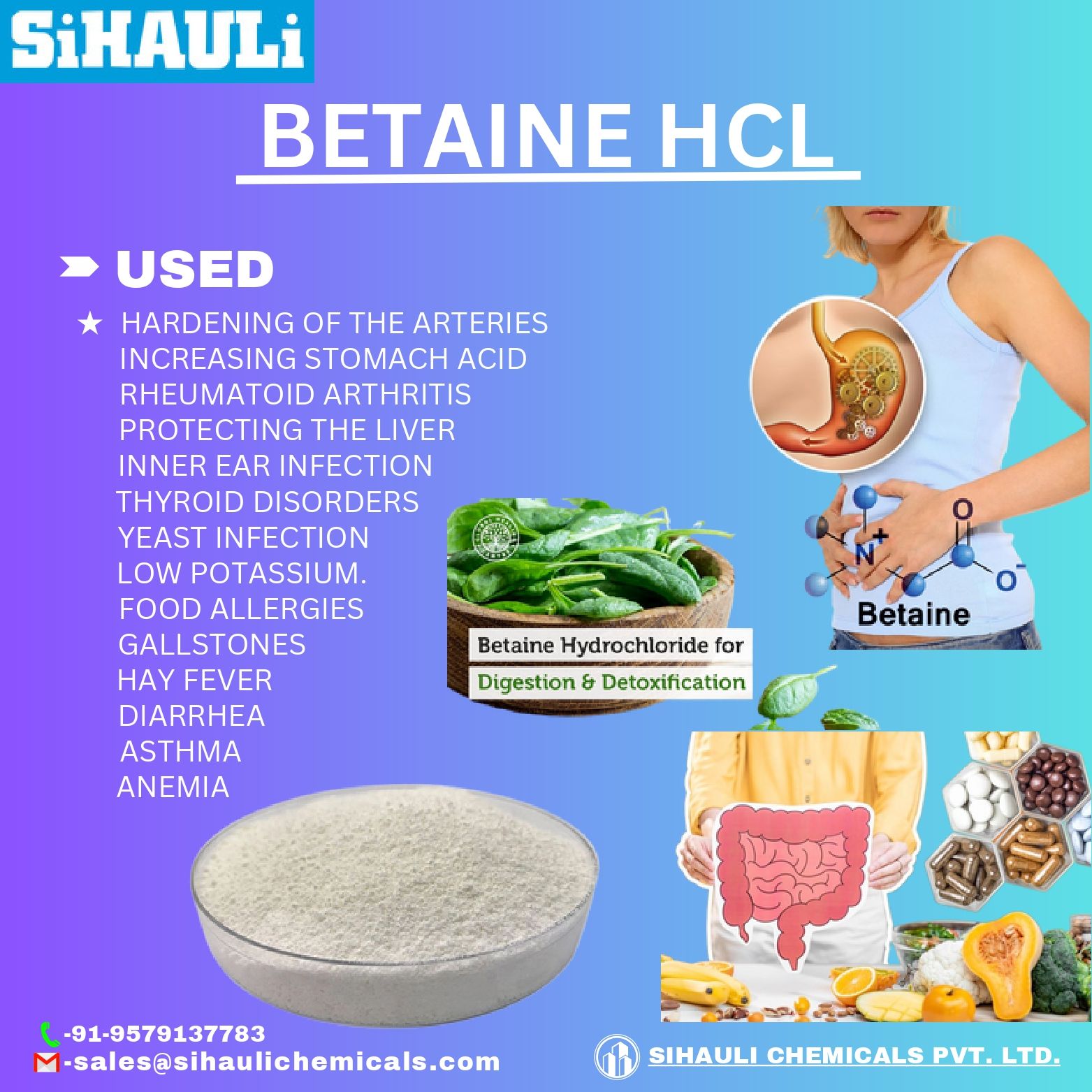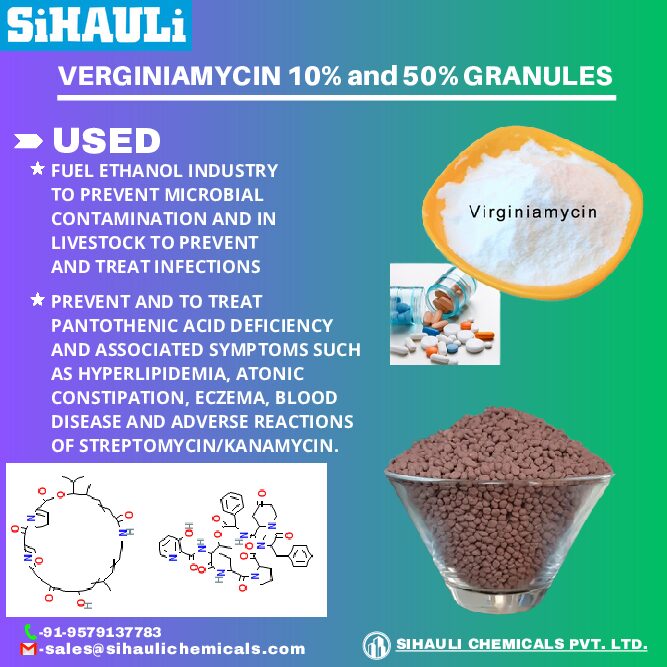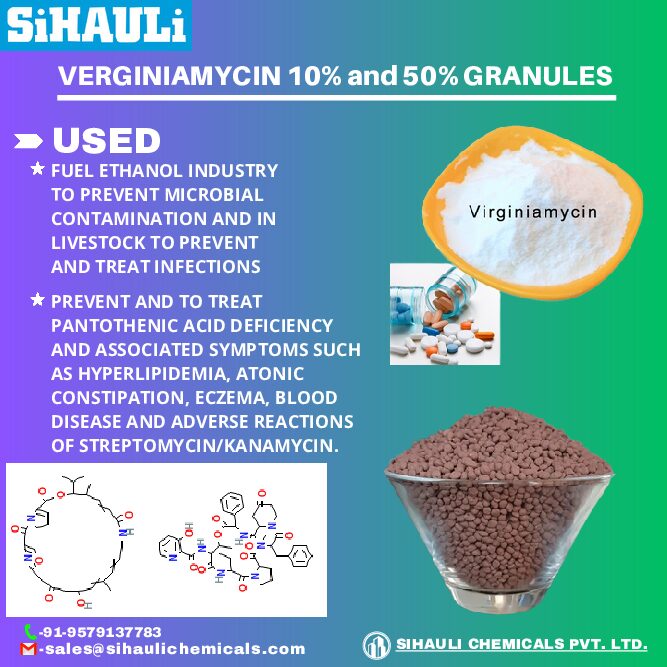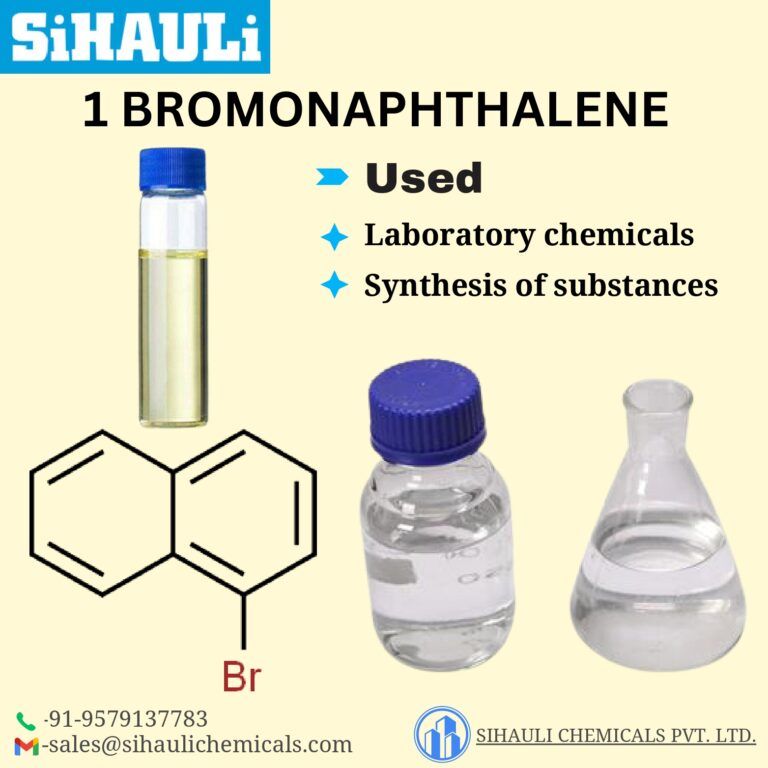Uses
Betaine hydrochloride is an acidic form of betaine, a vitamin-like substance found in grains and other foods. Betaine hydrochloride is recommended by some doctors as a supplemental source of hydrochloric acid for people who have a deficiency of stomach acid production (hypochlorhydria).
Betaine hydrochloride is a chemical substance made in a laboratory. It is used as medicine.
Betaine hydrochloride has an interesting history. Betaine hydrochloride used to be included in over-the-counter (OTC) products as a “stomach acidifier and digestive aid.” But a federal law that went into effect in 1993 banned betaine hydrochloride from use in OTC products because there wasn’t enough evidence to classify it “generally recognized as safe and effective.” Betaine hydrochloride is now available only as a dietary supplement whose purity and strength can vary.
Betaine hydrochloride is also used to treat abnormally low levels of potassium (hypokalemia), high levels of the compound homocysteine in the blood, hay fever, “tired blood” (anemia), asthma, “hardening of the arteries” (atherosclerosis), yeast infections, diarrhea, food allergies, gallstones, inner ear infections, rheumatoid arthritis (RA), and thyroid disorders. It is also used to protect the liver.
Don’t confuse betaine hydrochloride with betaine anhydrous. Use only the FDA-approved betaine anhydrous product for the treatment of high levels of homocysteine in the urine (homocystinuria). This is a symptom of some rare genetic diseases.
How does it work?
In the stomach, betaine hydrochloride separates into betaine and hydrochloric acid. The hydrochloric acid increases stomach acid.
USES & EFFECTIVENESS
Insufficient Evidence to Rate Effectiveness for…
Anemia.
Asthma.
Diarrhea.
Food allergies.
Gallstones.
Hay fever.
“Hardening of the arteries” (atherosclerosis).
Increasing stomach acid..
Inner ear infection…
Low potassium.
Protecting the liver.
Rheumatoid arthritis (RA).
Thyroid disorders.
Yeast infection.
Other conditions.
Betaine (BET) is an amino acid that has been shown to have potential benefits for fighting heart disease, improving body composition, and helping promote muscle gain and fat loss. This is thought mostly to be due to its ability to promote protein synthesis in the body.
Never heard of betaine before? Also known as trimethylglycine, it is becoming more popular in supplements recently but is actually not a newly discovered nutrient.
While it’s been studied for its positive impacts on preventing heart disease for quite some time, only recently has betaine been included more often in exercise-focused and energy supplements, protein powders and other products geared at improving exercise performance and body composition.




